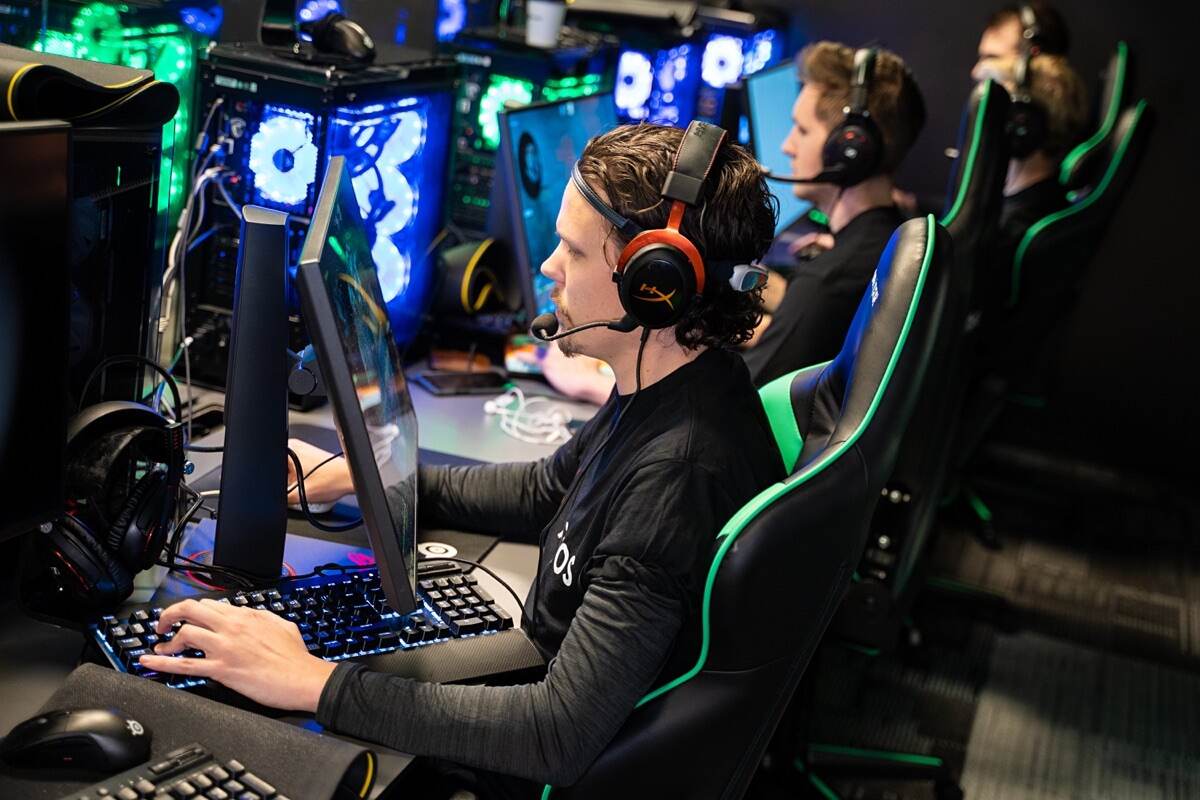As the esports industry continues to develop and professionalise, there is a growing need to attain skilled personnel to bolster the scene. This need for experts applies to all facets of the esports industry — marketing, event management, coaching and talent representation to name a few.
One sector, in particular, that has seen immense growth is esports data. As a result, a need is emerging for more experts in the data space to cross over into the world of competitive gaming.

RELATED: Creating growth within Nordic grassroots esports
Data has always been crucial to esports, given the industry’s digital nature. However, the ability to harness and utilise data efficiently has come to the spotlight in recent years. To cater to this need data providers, such as Abios, have found a niche in compiling, analysing and selling data from different games. This data is then utilised in a variety of applications, including creating bet offerings, providing statistics to news sites, esports teams and search engines, or showcasing match schedules and streams.
Given the technical and complex nature of esports data, providers often rely on mountains of technical expertise — such as Data Analysts, Quantitative Analysts and Developers — to develop products and services. Moreover, as esports data companies grow, traditional roles in HR, Marketing, Finance and Sales are also needed.
Anton Janér, Abios’ CTO and Co-founder, told Esports Insider that the need for more experts in the data sector is clear. But as a largely behind-the-scenes sector, esports data is arguably less ‘glamorous’ than other job positions. The limelight is stolen by client-facing companies, household names such as G2 Esports, Riot Games, Aim Lab and Twitch.
B2B data firms like Abios, which operate with an incognito-like presence, are less known to the public. But that doesn’t make them any less important.
“We get to be in the forefront of industry development,” Janér highlighted. “We provide services to a wide range of industry entities, which gives insight into the current and future belief in the popularity and performance of different games, teams and players.
“Not to mention the ability to collaborate across different products and services to create the best possible end products for end consumers. This is often accomplished using novel techniques because of the young age of the field.”

RELATED: PandaScore breaks down the esports betting ecosystem in new whitepaper
In addition, it’s not just data providers like Abios that are looking for personnel within the data field. In fact, esports job platform Hitmarker currently has over 200 job adverts across the world tagged under ‘Data Analysis & Science’.
Esports entities are constantly looking for new talent to join the esports sector, and experts in data are no different. Nevertheless, given its technical nature, certain roles within the data industry are hard to train for.
When developing data-driven products and services for companies, there’s a high need for advanced technical expertise. From backend programming to quantitative modelling, it is also important to have knowledge of esports, Abios said. The games in themselves are often more complex than meets the eye and take years to master, so in-game expertise is a desirable skillset that industry outsiders often lack.
As such, it’s beneficial to already have a good understanding of the major games to truly succeed in a career in esports data.
Abios, among many other data providers within the esports space, currently has a range of job positions available, ranging from data-specific roles such as entry-level and mid-level Data Scientists to Senior Engineers.
[maxbutton id=”18″ ]
Supported by Abios
